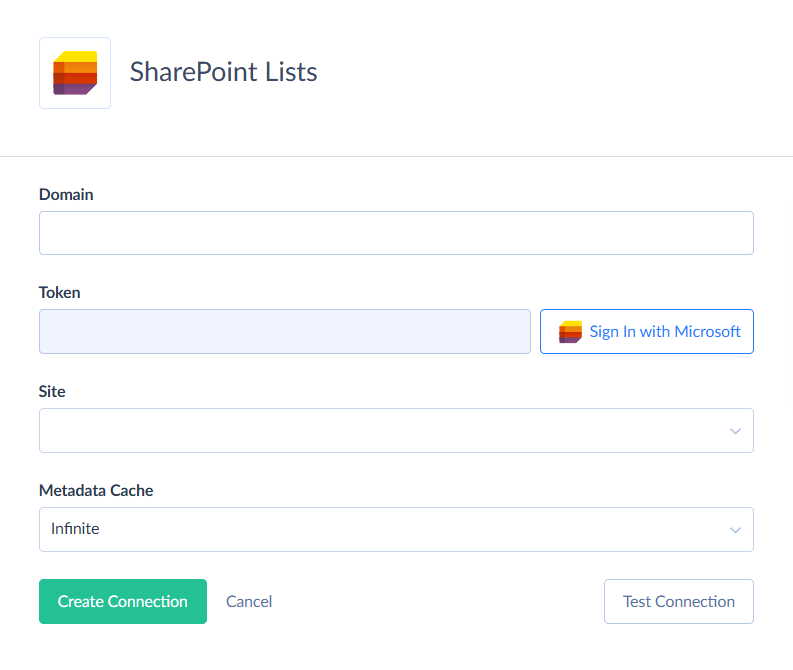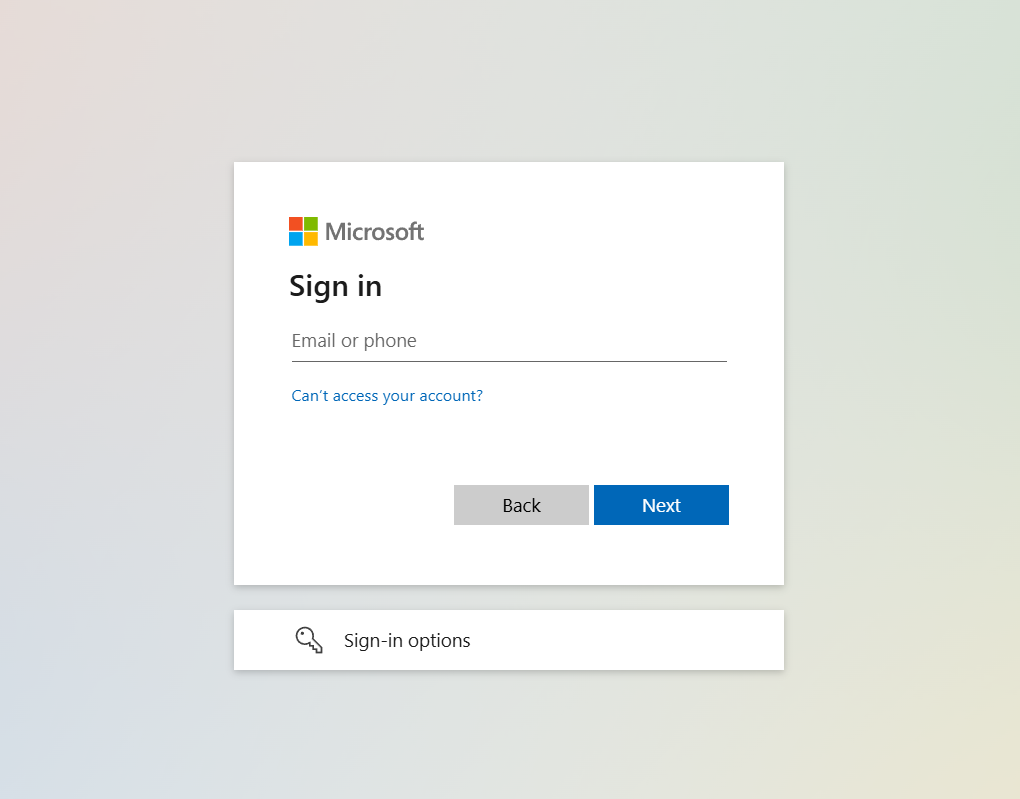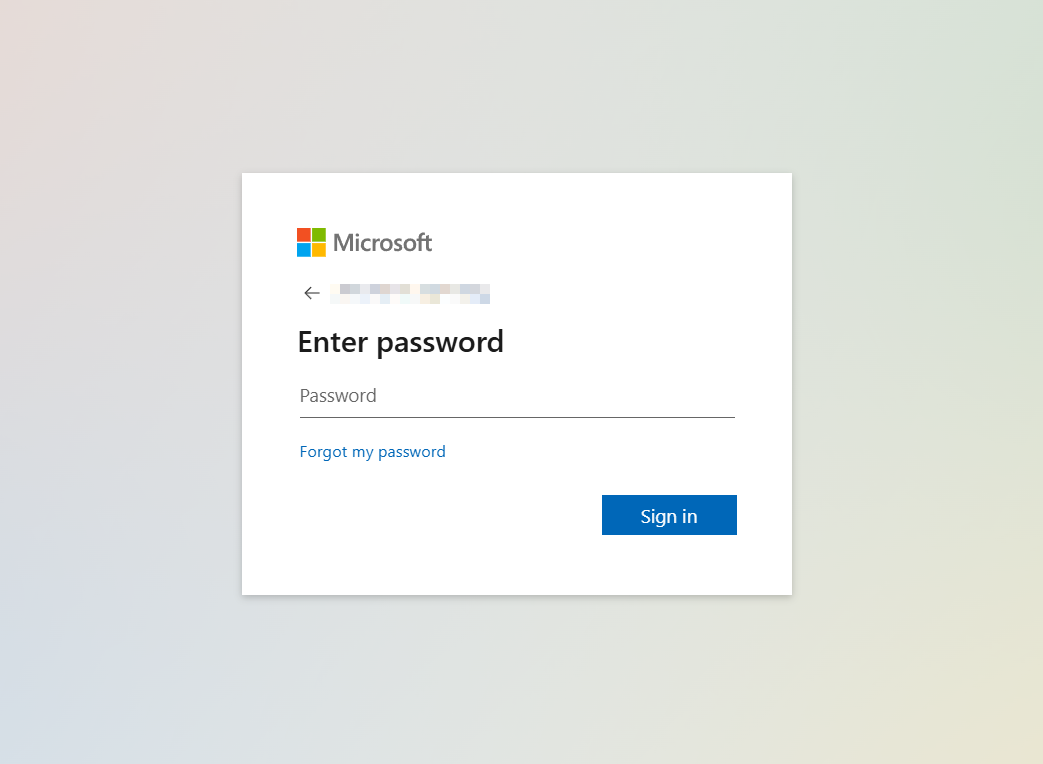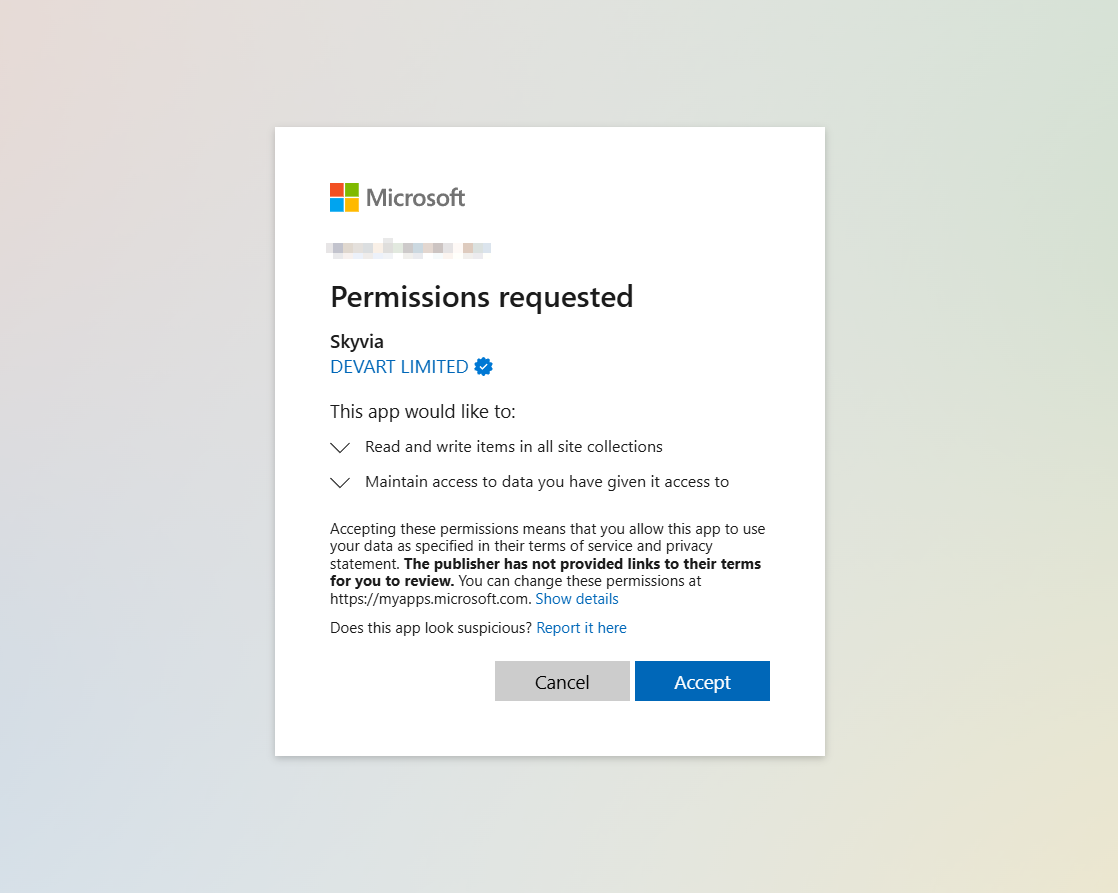SharePoint Lists
SharePoint Lists is a connector for working with lists in SharePoint. SharePoint is a cloud-based content management and collaboration platform developed by Microsoft.
Data integration: Skyvia supports importing data to and from SharePoint Lists, exporting SharePoint Lists data to CSV files, replicating SharePoint Lists data to relational databases, and synchronizing SharePoint Lists data with other cloud apps and relational databases.
Backup: Skyvia Backup does not support SharePoint Lists.
Query: Skyvia Query supports SharePoint Lists.
Establishing Connection
To create a connection to SharePoint Lists, specify your domain, enter your Microsoft credentials, and select your SharePoint site.
Creating Connection
To connect to SharePoint Lists, perform the following steps:

-
Enter your SharePoint domain and click Sign In with Microsoft.
-
Enter your email.

-
Specify your password.

-
Give Skyvia your permission to access your data.

-
Select your site from the dropdown list.
Additional Connection Parameters
Metadata cache
You can specify the time when the Metadata Cache expires.
Connector Specifics
Data Structure
The main objects in the connector are <ListName> objects, which represent the lists in SharePoint UI. If a list supports attachments, Skyvia creates a separate <ListName>Attachments object for every such list. If a list supports comments, Skyvia creates a separate <ListName>Comments object for every such list. The Lists and Users objects are read-only.
Filtering Specifics
SharePoint Lists API supports the following native filters:
| Object | Field or field type | Operator |
|---|---|---|
| <ListName>Attachments | FileName, ItemId | = |
| <ListName>Comments | CommentId ItemId | = |
| Lists, Users | Id | = |
| <ListName> | Id | = |
| CreatedDate, UpdatedDate | =, !=, <, <=, >, >=, IS NULL, IS NOT NULL |
The dynamic <ListName> fields support the following filters.
| Field Type | Operator |
|---|---|
| Attachments, YesNo | =, != |
| Number, Currency, Counter, Date and Time(Include Time checkbox enabled) | =, !=, <, <=, >, >=, IS NULL, IS NOT NULL |
| LookupId, PersonId, Choice, OutcomeChoice | =, !=, IS NULL, IS NOT NULL |
| Text, Date and Time (Include Time checkbox disabled) | IS NULL, IS NOT NULL |
Use these filters to improve performance and save API calls. You can use filters with other fields or operators, but it may increase API call usage.
Nested Objects
The following fields store complex structured data in JSON format.
| Object | Field | Nested Object |
|---|---|---|
| <ListName> objects | Lookup fields with allowed multiple selection | LookupType |
| Managed Metadata(Taxonomy) fields with allowed multiple selection | TaxonomyType | |
| Person fields with allowed multiple selection | UserType | |
| <ListName>Comments | Mentions | CommentMentionsType |
You can use our Nested Objects mapping feature in the Import integrations to insert or update the nested values in such fields. Select the Separate Tables for the Unwind Nested Objects option when using the new replication runtime to replicate the nested data into separate tables.
Incremental Replication and Synchronization
Skyvia supports Replication with Incremental Updates for the Lists, <ListName>, and <ListName>Comments objects.
Incremental replication detects only new records for the Lists object.
Skyvia supports Synchronization for the objects that support the INSERT and UPDATE operations and contain either CreatedDate or UpdatedDate fields.
DML Operations Support
| Operation | Object |
|---|---|
| INSERT, UPDATE, DELETE | <ListName> objects, <ListName>Comments objects |
| INSERT, DELETE | <ListName>Attachments objects |
Supported Actions
Skyvia supports all the common actions for SharePoint Lists